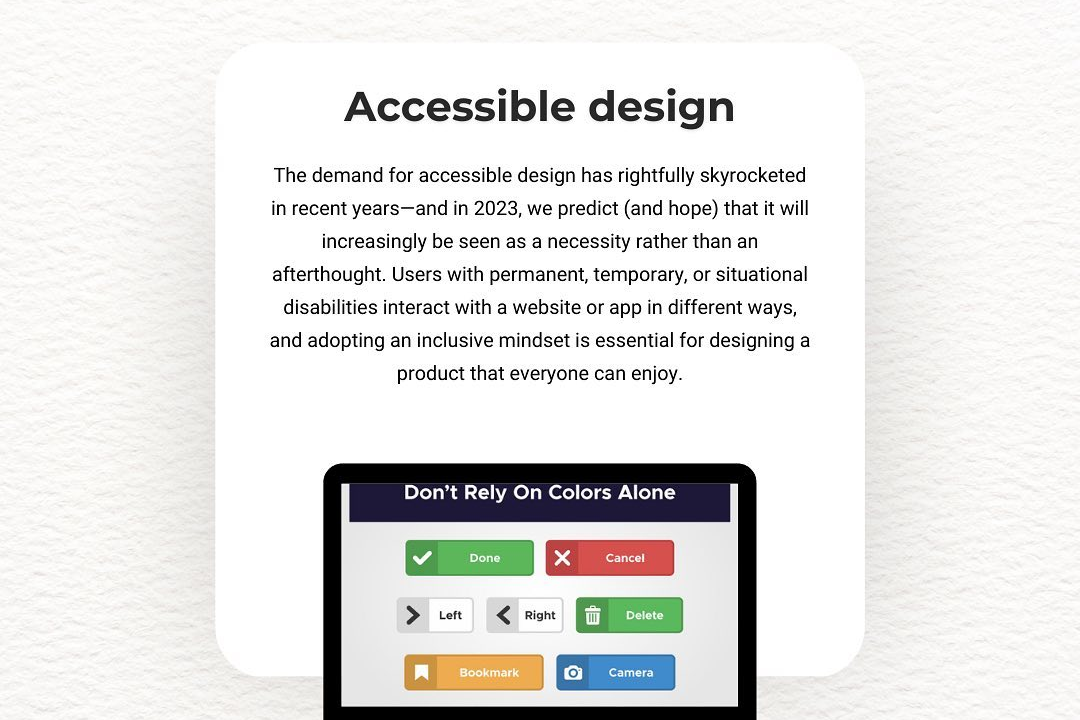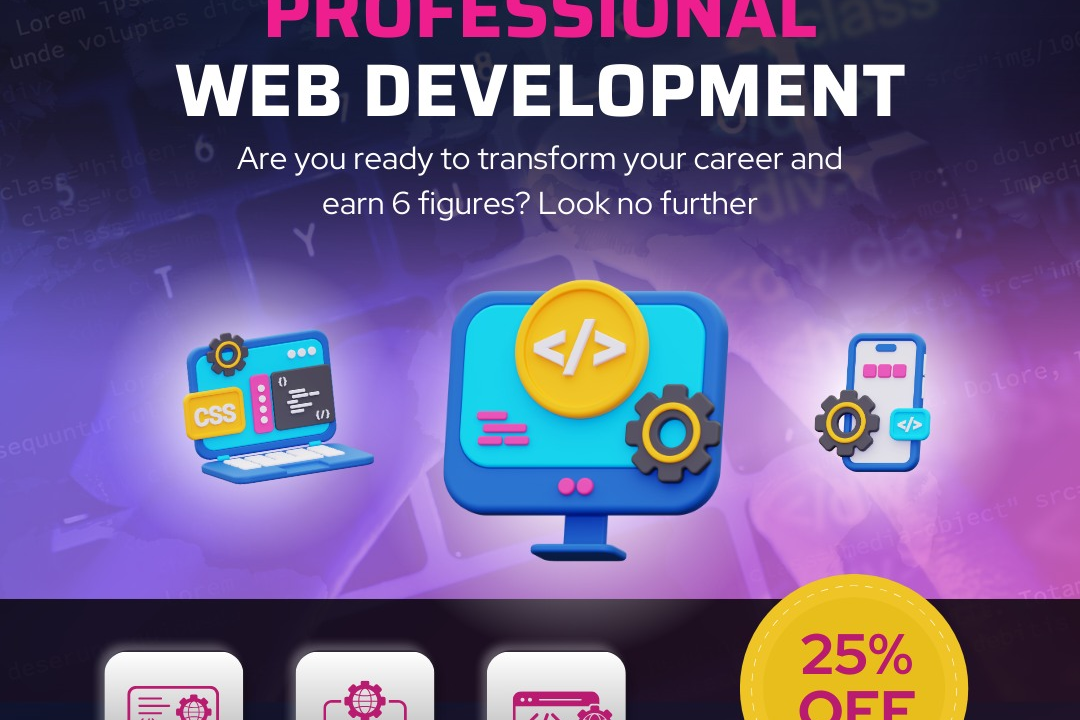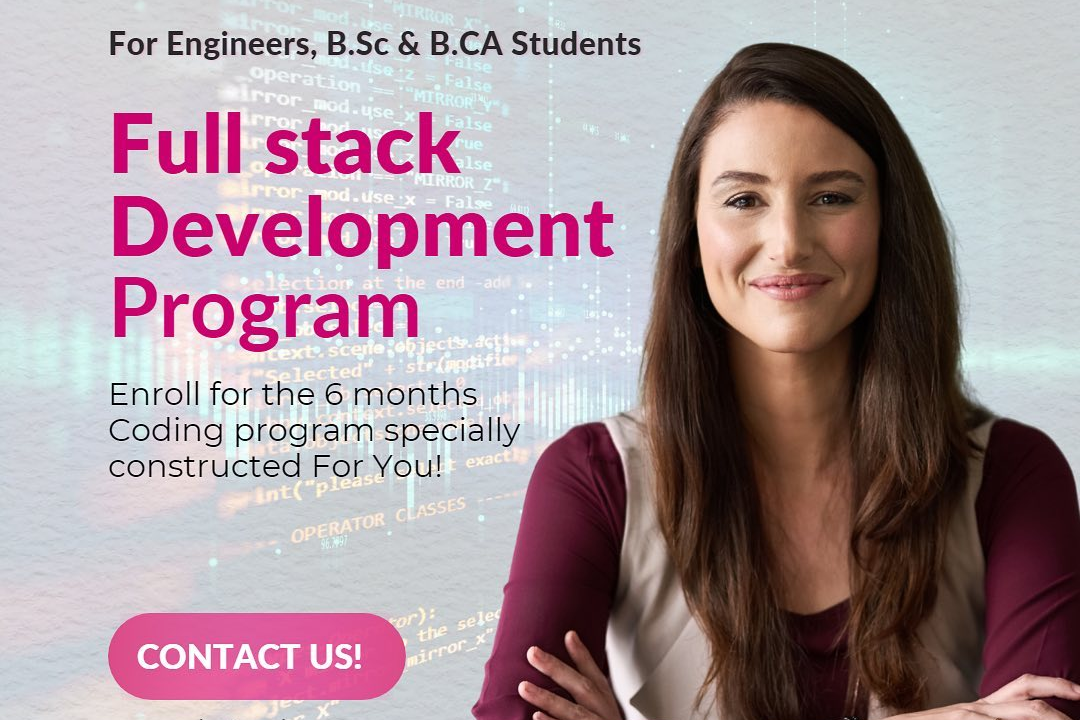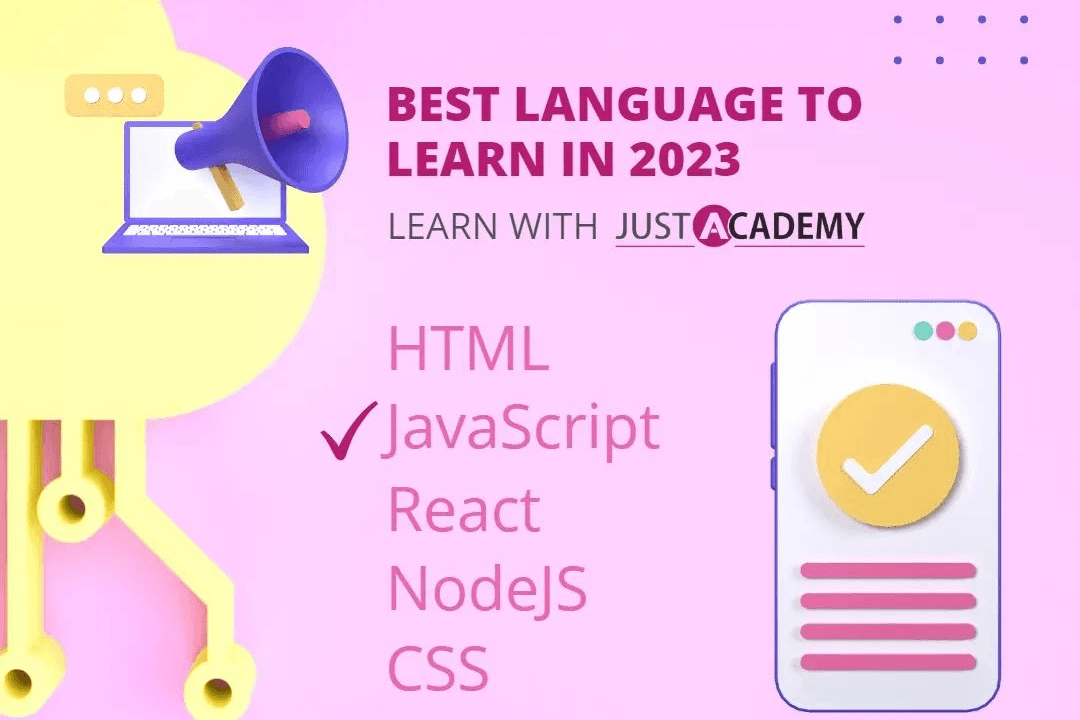Best 50 Node Js Interview Questions From Beginner To Advanced
Comprehensive Node.js Interview Guide: 50 Essential Questions for Beginners to Experts
Best 50 Node Js Interview Questions From Beginner To Advanced
Mastering these top 50 Node.js interview questions, spanning from beginner to advanced levels, empowers candidates to showcase their proficiency in key areas. Beginners can demonstrate a solid understanding of core concepts and syntax, while intermediate candidates can delve into asynchronous programming, error handling, and testing. Advanced candidates have the opportunity to highlight their expertise in complex topics such as scalability, security, and real-time applications. These questions not only assess technical abilities but also reveal the candidate's problem-solving skills, ability to think critically, and passion for Node.js.
To Download Our Brochure: https://www.justacademy.co/download-brochure-for-free
Message us for more information: +91 9987184296
1 - What is Node.js?
A: Node.js is an open source, cross platform JavaScript runtime environment.
2) What are the advantages of using Node.js?
A: Node.js is fast, scalable, and event driven, making it ideal for building real time applications.
3) What is the difference between synchronous and asynchronous operations in Node.js?
A: Synchronous operations execute one at a time, while asynchronous operations can execute concurrently.
4) What is the Event Loop in Node.js?
A: The Event Loop is a core component of Node.js that handles events and dispatches them to the appropriate handlers.
5) What is a Module in Node.js?
A: A Module is a reusable piece of code that can be imported into other Node.js applications.
6) What is the difference between a Module Object and a Module Wrapper?
A: A Module Object is the instance of a Module that is exported, while a Module Wrapper is the function that defines the Module Object.
7) What is the CommonJS Module System?
A: The CommonJS Module System is a standard way of defining and using modules in Node.js.
8) What is the require() function?
A: The require() function imports a module into the current script.
9) What is the difference between global and local scope in Node.js?
A: Global scope is shared among all modules, while local scope is limited to a single module.
10) What is a closure in Node.js?
A: A closure is a function that has access to the outer scope, even after the outer function has returned.
11 - What is the difference between strict mode and non strict mode in Node.js?
A: Strict mode is a setting that enables stricter JavaScript syntax and error handling.
12) What is the use of the package.json file in Node.js?
A: The package.json file contains metadata about a Node.js project, including its name, version, and dependencies.
13) What is the process object in Node.js?
A: The process object represents the current Node.js process and provides information about its environment and state.
14) What is a stream in Node.js?
A: A stream is a sequence of data that can be read and written in a continuous manner.
15) What is the difference between readable, writable, and duplex streams?
A: Readable streams allow reading data, writable streams allow writing data, and duplex streams allow both reading and writing.
undefined
Course Overview
This course empowers you to excel in Node.js interviews by covering 50 essential questions ranging from basic concepts to advanced topics. It equips you with the necessary knowledge and problem-solving skills to demonstrate your proficiency in Node.js, JavaScript, and web development fundamentals, increasing your chances of success in technical interviews.
Course Description
This comprehensive course covers the top 50 Node.js interview questions, tailored for candidates of all skill levels - from beginners to advanced. It provides in-depth explanations, code examples, and practice questions to help you prepare effectively for Node.js-related technical interviews.
Key Features
1 - Comprehensive Tool Coverage: Provides hands-on training with a range of industry-standard testing tools, including Selenium, JIRA, LoadRunner, and TestRail.
2) Practical Exercises: Features real-world exercises and case studies to apply tools in various testing scenarios.
3) Interactive Learning: Includes interactive sessions with industry experts for personalized feedback and guidance.
4) Detailed Tutorials: Offers extensive tutorials and documentation on tool functionalities and best practices.
5) Advanced Techniques: Covers both fundamental and advanced techniques for using testing tools effectively.
6) Data Visualization: Integrates tools for visualizing test metrics and results, enhancing data interpretation and decision-making.
7) Tool Integration: Teaches how to integrate testing tools into the software development lifecycle for streamlined workflows.
8) Project-Based Learning: Focuses on project-based learning to build practical skills and create a portfolio of completed tasks.
9) Career Support: Provides resources and support for applying learned skills to real-world job scenarios, including resume building and interview preparation.
10) Up-to-Date Content: Ensures that course materials reflect the latest industry standards and tool updates.
Benefits of taking our course
Functional Tools
1 - Node.js: A cross platform runtime environment that allows developers to execute JavaScript code outside of a browser.
2) Express.js: A web framework for Node.js that provides HTTP route handling, middleware, and view rendering.
3) MongoDB: A document oriented database that stores data in JSON like documents.
4) PostgreSQL: A relational database that provides support for transactions, complex queries, and foreign keys.
5) Redis: An in memory data structure store that offers high performance and scalability for caching and session management.
6) Socket.io: A real time communication library that enables bi directional, event based communication between web browsers and servers.
Effective Game Strategies:
- Study the game mechanics and rules thoroughly: Understand the objectives, obstacles, and available actions.
- Analyze your opponents:* Pay attention to their playstyle, habits, and skill level.
- Develop a strategic plan:* Outline your goals, identify potential threats, and determine the best course of action.
- Adapt to changing circumstances:* Monitor the game situation and adjust your strategy as necessary.
- Maximize your strengths and exploit your opponents' weaknesses:* Leverage your unique abilities and identify areas where you can gain an advantage.
- Mental Focus and Concentration:
- Stay calm and collected:* Avoid making rash decisions or getting distracted by emotions.
- Focus on the present moment:* Concentrate on the immediate task at hand and don't dwell on past mistakes or future uncertainties.
- Visualize successful outcomes:* Picture yourself executing a winning strategy and achieving your goals.
- Eliminate distractions:* Create a quiet and focused environment to enhance your concentration.
- Time Management and Resource Allocation:
- Manage your time wisely:* Prioritize tasks and allocate time efficiently to avoid wasting precious minutes.
- Use your resources strategically:* Plan how you will use your abilities, items, and other resources to optimize their impact.
- Control the pace of the game:* Dictate the flow of events by strategically taking actions or slowing down the gameplay.
- Emotional Intelligence and Communication:
- Control your emotions:* Stay composed under pressure and avoid letting frustration or anger cloud your judgment.
- Communicate effectively with teammates (if applicable):* Coordinate strategies, provide support, and avoid creating conflict.
- Learn from your mistakes:* Analyze your losses and identify areas for improvement.
- Stay motivated and positive:* Maintain a positive attitude even when facing challenges and setbacks.
- Practice and Improvement:
- Play regularly:* The more you practice, the better you will become at recognizing patterns, predicting opponents' moves, and executing strategies.
- Study replays and analyze your gameplay:* Identify areas where you can improve and refine your skills.
- Seek guidance from experienced players or coaches:* Learn from those who have mastered the game.
- Stay up to date with game updates and strategies:* Keep informed about new developments and evolving best practices.
- Play more games.* The more games you play, the more points you will earn.
- Win games.* Winning games earns you more points than losing games.
- Complete achievements.* Completing achievements earns you bonus points.
- Refer friends.* Referring friends to the game can earn you bonus points.
- Join a clan.* Joining a clan can give you access to clan bonuses, which can help you earn more points.
- Participate in events.* Events often offer bonus points for completing certain tasks.
- Make in game purchases.* In game purchases can give you access to premium items that can help you earn more points.
Browse our course links : https://www.justacademy.co/all-courses
To Join our FREE DEMO Session: Click Here
This information is sourced from JustAcademy
Contact Info:
Roshan Chaturvedi
Message us on Whatsapp:
Email id: info@justacademy.co












